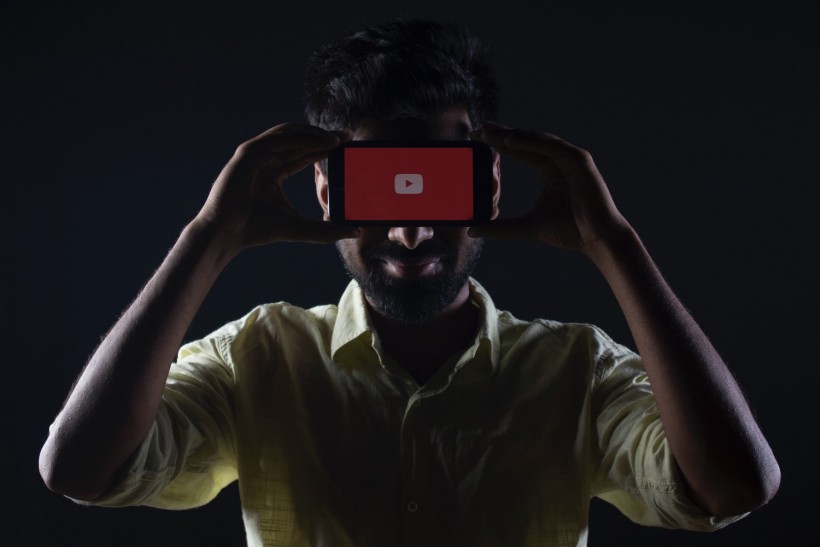People find ways to get busy as they stay home during the coronavirus pandemic. Do-It-Yourself projects have become one of the trends that emerged at this time. For instance, gardening, haircutting, and baking are some activities that people are enjoying while under quarantine.
However, one DIY video was taken down by YouTube while its creator was sued in court. According to a report in Gizmodo, the video posted on the Brazilian YouTube channel Jorge Dejorge turned out to be less wholesome and has attracted the attention of authorities.

Man holding black Android smartphone - Free YouTube
Brazilian outlet Globo recently reported that the said channel, one of the region's popular channels, caught the attention of the Brazilian Pay TV Association after uploading a video on how to get hold of broadcast TV services using "internet protocol TV" services.
Dejorge boasts of more than 600,000 subscribers with millions of views across his uploads, which are generally focused on unboxing and reviewing different smartphones.
The case ruling
The original piracy tutorial posted in 2017 has been taken down from the channel that is operated by a São Paulo native named Bruno Gustavo. Back then, Gustavo argued that these videos were "informative" and did not instruct people to break any piracy laws, so they remained online.
Despite that argument, ABTA, a non-profit representing Brazil's core cable and on-demand broadcast companies, won the initial lawsuit. In 2018, a local judge ordered hosting and search companies such as YouTube's parent company, Google, to remove the offending videos.
On his part, Gustavo was asked to pay 10,000 Brazilian Real or about roughly $1,700. However, the judge initially did not require compensation of TV companies as "he believed their trademarks had not been infringed."
After appearing in court, the Court of Justice of São Paulo finally ruled over this case in April and found Gustavo guilty of breaching the rights of the ABTA's members by reproducing their trademarks, infringing their copyrights, and ultimately "unfairly competing" against the broadcast companies, according to Torrentfreak, which covered the case.
The court also asked Gustavo to pay ABTA five times what he'd previously been fined back in 2018 with the final cost of 50,000 Brazilian Real or just over $8,600 plus lawsuit costs.
The São Paulo market
Piracy-related issues are no longer new to Brazil with the country's efforts to combat the issue for more than a decade. People selling fake Louis Vuitton bags, Nike Sneakers, or Oakley sunglasses are all around São Paulo for just $5 to $30.
However, during the 2018 Christmas, the hottest item for sale was a little black receiver box, which promised to receive nearly every cable or streaming TV series on Earth.
And with the surge into Latin America's streaming market like Netflix and Spotify in recent months, Gustavo's is unlikely to be the last piracy-related case we will see here. However, officials are optimistic that they will finally win over piracy, which "has been going on since Galileo," said Salles Neto of the Brazilian Association of Pay-TV adding that they need to take the problem seriously and act accordingly.
Read also: Top 5 Sites To Buy Instagram Followers in 2020; Get Ready To Get Famous Real Quick!








